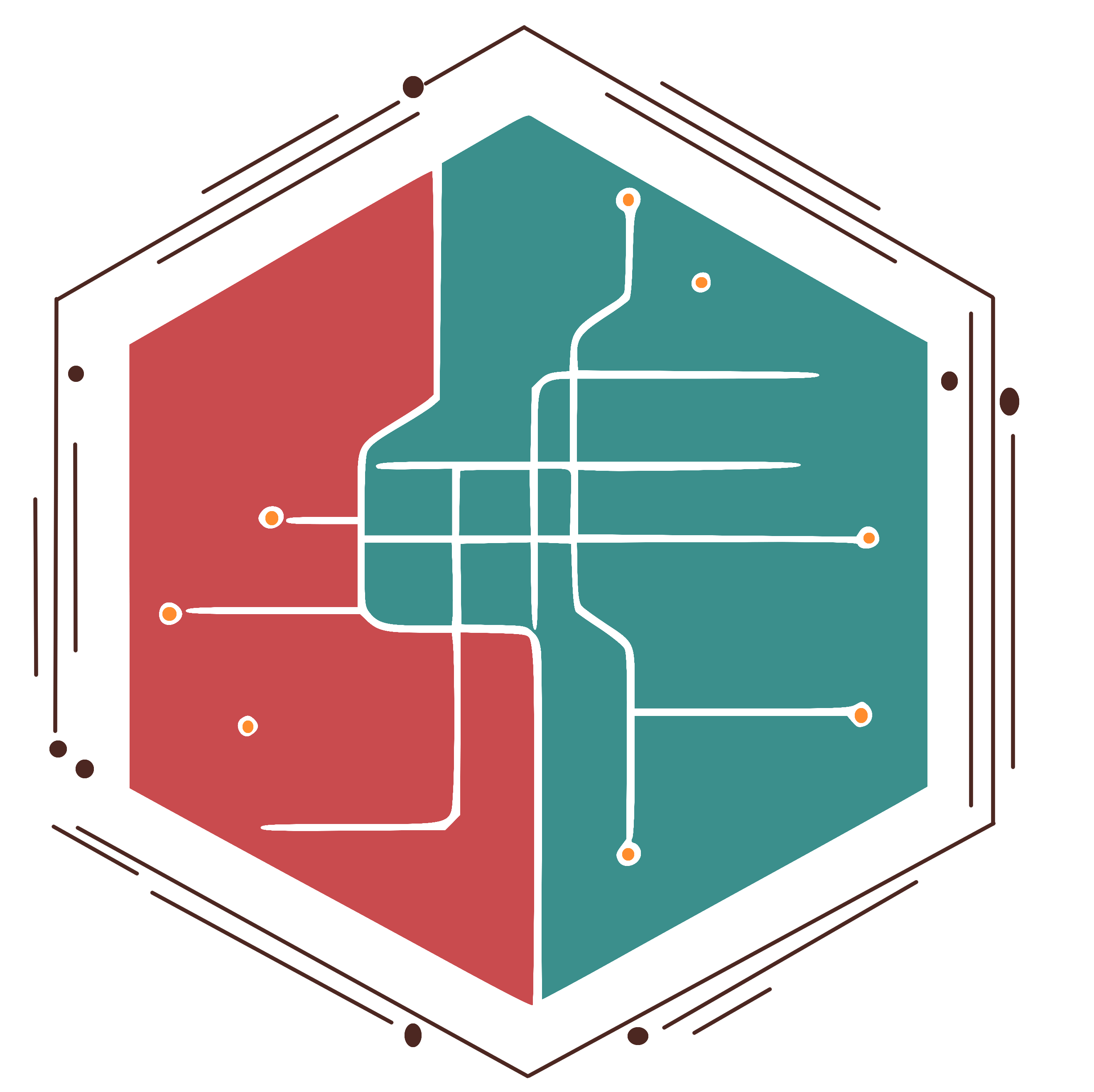
The 4th Workshop on Data-Driven and Intelligent Cyber-Physical Systems for Smart Cities (DI-CPS)
Hong Kong, China
May 13, 2024
Submission Link: https://easychair.org/conferences/?conf=dicps24
After successfully hosting the DI-CPS workshop at CPS-IoT Week 2023 in San Antonio, Texas, we are back with its fourth iteration. This year, our focus is on Data-Driven and Intelligent Cyber-Physical Systems for safe learning and generative AI in the context of intelligent transportation, smart cities, and smart-grid.
Background
Smart cities are emerging as a priority for Cyber-Physical Systems (CPS) research and development across the world. Artificial Intelligence and Machine Learning algorithms have played a large part in automating and advancing city operations and aiding the development of CPS in cities. Increasingly, data-driven modeling and intelligent decision-making under uncertainty are forming the basis for advancing transportation, safety, connectivity, and health services. For example, advanced traffic solutions, improved public transportation systems, air quality sensing and modeling, smart emergency response, autonomous driving, energy modeling, and microgrid design & optimization are some of the applications that have benefited from data-driven approaches to principled decision-making.
While data-driven approaches for CPS have numerous advantages, the pervasive nature and volume of data can also pose challenges. Sensor data are being generated at a pace and volume that is difficult to process and use for inference. Data is extremely valuable in determining human behavior both at the scale of the entire population as well as at the level of individual persons navigating the infrastructure landscape. With several data modalities in the picture, new opportunities and challenges arise in the context of data collection, validation, analysis, and inference. For example, these additional data enable the development of novel models of traffic behavior at different geographical locations and time points, as well as what factors are consequential in human driving behavior. At the same time, there is a growing need for automated applications to be fair, secure, and resilient. Safe-learning-enabled systems for CPS have the potential to address these challenges by creating a new framework at the confluence of dynamical systems, machine learning, and viability theory, specifically tailored to learning and safely acting in uncertain, data-deluged scenarios. Participants in the workshop will exchange ideas on these and allied topics, including data science and open-source data sets for smart cities, decision-making for smart cities, design of intelligent systems in smart cities, and challenges in deployment, equity, and fairness in smart cities, as well as security and privacy in AI for cities.
The workshop invites researchers and practitioners from academia, industry, and government to submit original research papers, papers describing lessons learned, concept papers, or descriptions of software tools on the following categories:
1. Approaches to modeling complex decision-making tasks in smart cities and tackling uncertainty.
2. Challenges faced and lessons learned in deploying intelligent systems in smart cities in practice.
3. Principled heuristics to design scalable decision-making in city-scale CPS.
4. Anomaly detection in smart and connected communities.
5. Trustworthy analytics and privacy control.
6. Transportation CPS data with human-in-the-loop.
7. Demos and tutorials on software tools, simulations, and experimental results concerning CPS with a human-in-the-loop in the context of smart cities.
8. Software tools for integrative analysis of data-driven CPS from multiple modalities.
9. Large-language Model and Generative AI for Smart Cities.
Submission Guidelines
The paper should be within 8 pages including appendices and references following the IEEE Xplore format. The acronyms in the rights strips on the title pages of a publication are always consistent and would include “CPS-IoT 2024 Workshops”.Only PDF files will be accepted. There is no requirement to anonymize the submissions; Authors may choose to submit anonymously or not but true anonymity is not guaranteed. Accepted papers will be published as IEEE proceedings; however, authors can choose to opt out of formal proceedings. We welcome prior work published in conferences or journals (authors will have to opt out of publication in case the submitted work does not add to the previously published version, but can still present their work at the workshop). Each accepted paper must be presented by a registered author. Submissions not meeting these guidelines risk immediate rejection. For questions about these policies, please contact the chairs. Submission Link: https://easychair.org/conferences/?conf=dicps24
Important Dates
Paper Submission Deadline: February 20, 2024 (23:59 Anywhere on Earth time)
Notification of Acceptance/Rejection: March 1, 2024
Camera-Ready Papers Due: (hard deadline): March 9, 2024
Program Chairs
Rahul Bhadani (The University of Alabama in Huntsville) rahul.bhadani@uah.edu
Aron Laszka (Pennsylvania State University) laszka@psu.edu
Ayan Mukhopadhyay (Vanderbilt University) ayan.mukhopadhyay@vanderbilt.edu
Raphael Stern (University of Minnesota) rstern@umn.edu